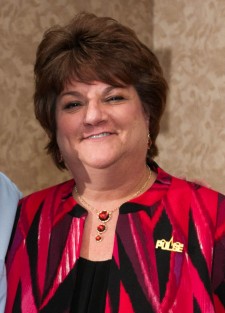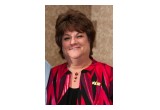
Opinion by Ilene Corina, President, PULSE of NY
Wantagh, NY, May 10, 2016 (Newswire.com) - A recent Johns Hopkins report summarized the results of a number of studies and found that medical errors are the third leading cause of death in this country. But for many people, this isn't news. What is unusual is that it's made the mainstream media.
Patient safety is the topic in boardrooms and in the offices of healthcare institutions throughout the country. Organizations such as The National Patient Safety Foundation were developed because of concerns about patients' safety more than 20 years ago. The Joint Commission is over fifty years old.
"Still not enough has changed."
Ilene Corina, President, PULSE of NY
Year after year it's the same people working in healthcare, running the associations and leading the charge for safe care — yet still not enough has changed.
They want measurement and statistics, but lives are saved one at a time: can't that be a statistic? If it's your child or your mother who is injured or killed because of a medical error, does that change the need for measurement? When a family member educated in patient safety catches the error or the misdiagnosis, is that being measured? Not according to Johns Hopkins' report author Dr. Martin Makary, who points out that the CDC doesn't even list medical error among statistical causes of death.
Sit in a room full of people and ask how many people have had a "bad" outcome; the hands will go up. Wrong medication dose, hospital-acquired infection, misdiagnosis. These are the things that need to stop, but they won't if we aren't talking about them. At PULSE of NY we have been educating the public about medical errors for the past twenty years. They've been happening since the dawn of medicine. Yet Florence Nightingale was warned to not question the doctor and to do as she was told. Ignaz Semmelweis, a physician in the 1800's, discovered that handwashing saved lives, but there is still a problem with handwashing in hospitals.
If women weren't taught to examine their breast for lumps, people weren't taught about how HIV/AIDS is spread and seat belts weren't the law, these things would not change. It's time to stop talking about it and DO something about it — and that's to educate patients and their families about how to be part of the system in order to make improvements. As Dr. Makary says, "On a bedside level, you should always go into your office visit or your hospitalization with a loved one or family member. They're an important safety net." At PULSE of NY we teach the family what they need to do. Just "being there" isn't enough.
Nurses want to be each patient's advocate, but what about the other nine patients they need to care for? It's the patient and the family who can make the much-needed changes. Enough is enough — but we should thank the media for finally talking about it.
Ilene Corina is a patient safety advocate and community educator. In 1996 she founded PULSE of NY, which educates and advocates for patients' safety. PULSE is also a resource for people who have been harmed by medical error.
Source: PULSE of NY
Share:


